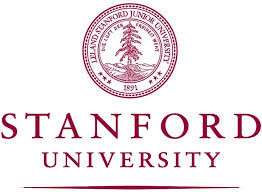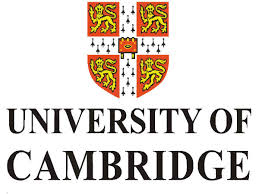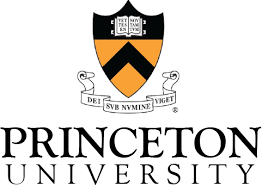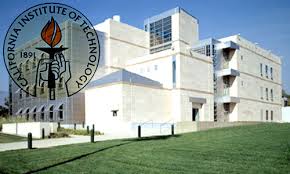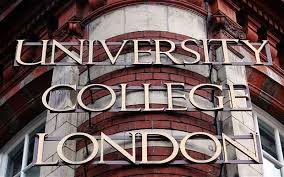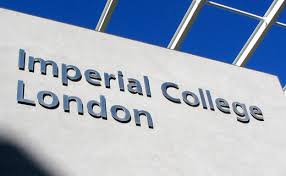Harvard University
Place: Cambridge, USA
Harvard University is the standard university. No one can ever challenge its position in the world’s academic institution.Harvard is the oldest school in the world’s richest nation, and it has capitalized on the benefits this grants.
The school has produced 47 Nobel Laureates, 32 heads of state, and 48 Pulitzer Prize winners. It boasts the largest academic library in the world as well as leading medical, law, and business schools. It has an integrated alumni network that stretches around the globe.This fact equips both students and faculty with endless opportunities for collaborative research.
Stanford University
Place: Stanford, USA
Stanford has access to numerous world-class research resources also includes the ionosphere research.And the SLAC Accelerator Laboratory actively advances the U.S. Department of Energy’s research.Stanford which is one of the nation’s leading social, political, and economic think tanks.
But it takes more than just great laboratories and facilities to build a great research centre. Stanford also has some of the finest minds in the world working for it. The school’s faculty currently include 22 Nobel Laureates, 51 members of the American Philosophical Society, three Presidential Medal of Freedom recipients, 158 National Academy of Science members, five Pulitzer Prize winners, and 27 MacArthur Fellows.
Massachusetts Institute of Technology (MIT)
Place: Cambridge, USA
Founded in 1861, MIT has become the world’s pre-eminent science research centre.
The university is known for a focused approach that uses first-class methodologies to tackle world-class problems. This pragmatic creativity has produced legions of scientists and engineers, as well as 80 Nobel Laureates, 56 National Medal of Science winners, 43 MacArthur Fellows, and 28 National Medal of Technology and Innovation winners.
University of Cambridge
Place: Cambridge, UK
As one of the oldest universities in the world which founded in 1209, Cambridge is an ancient school steeped in tradition.
It is small exaggeration to say the history of western science is built on a cornerstone called Cambridge. The roster of great scientists and mathematicians associated with the university includes Francis Bacon, Isaac Newton, Charles Darwin, James Clerk Maxwell, Augustus De Morgan, Ernest Rutherford, G.H. Hardy, Srinivasa Ramanujan, Alan Turing, Francis Crick, James Watson, Roger Penrose, and Stephen Hawking. Whether speaking of the unifying ideas in physics, the foundations of computer science, or the codifying of biology, Cambridge has been at the forefront of humanity’s quest for truth longer than most nations have existed.
It’s over 18,000 students represent more than 135 countries and its faculty have earned over 80 Nobel laureates.
Princeton University
Place: Princeton, USA
Princeton University is one of the oldest, most historic universities in the United States Princeton spreads its considerable wealth across a far smaller number of students and programs.
Princeton has no law school, medical school, business school, or divinity school. Instead of developing professional programs, it has self-consciously evolved into a massive, research-driven think tank.Even brilliant valedictions who come here from around the country find that they need to focus on their studies.
California Institute of Technology (Caltech)
Place: Pasadena, USA
The research universities pride themselves on giving you the opportunity to work alongside leaders in their respective fields who write the textbooks.
Its faculty includes 33 Nobel Laureates, 58 National Medal of Science recipients, 13 National Medal of Technology and Innovation recipients, and 111 National Academy of Science members.
These students and teachers can also study at some of the school’s world-famous research centres, such as the Jet Propulsion Laboratory, the Seismological Laboratory, and the International Observatory Network.
Yale University
Place: New Haven, USA
Yale University has everything one would expect from a major research university
The university’s research centres address topics as varied as Benjamin Franklin’s writings, bioethics, magnetic resonance research, and the Russian archives.
Yale is equally dominant in the humanities, the sciences, and the learned professions. This gives the school a unique ability to pursue interdisciplinary research.
Yale also enjoys a flexible alumni network that stretches to every corner of the globe.
University College London
Place: London, UK
University College London (UCL) is blessed with an elite staff. Their ranks include 53 members of the Royal Society, 51 of the British Academy, 15 of the Royal Academy of Engineering, and 117 of the Academy of Medical Sciences.
Moreover, the school’s past and present students and faculty members have earned 29 Nobel Prizes.
The school also runs multiple interdisciplinary research programs, such as the UCL Energy Institute, the UCL Centre for Multidisciplinary & Inter cultural Inquiry, and the UCL Cancer Institute.
Imperial College London
Place: London, UK
This university official name is “Imperial College of Science, Technology, and Medicine” focuses on the empirical disciplines. It ascended to prominence by absorbing several smaller institutions, including the Royal College of Chemistry, the Royal School of Mines, the Royal College of Science, and the City and Guilds College.
Today, Imperial College is divided into three main schools: Engineering; Natural Science and Medicine; and Business.
Imperial College’s faculty has laid claim to 14 Nobel Prizes, and the Queen and the Prime Minister share the same physician who teaches there.
Oxford University
Place: Oxford, UK
With its intellectual roots firmly planted in medieval scholastic-ism, Oxford has survived the centuries, adapted to the times, and grown into what it is today—one of the world’s most impressive centres of learning.
Perhaps more than any other school in the world, Oxford’s name has become synonymous with knowledge and learning. This is because the school runs the world’s largest with offices in over 50 countries.
The highest source of income for Oxford continues to be research grants and contracts.
